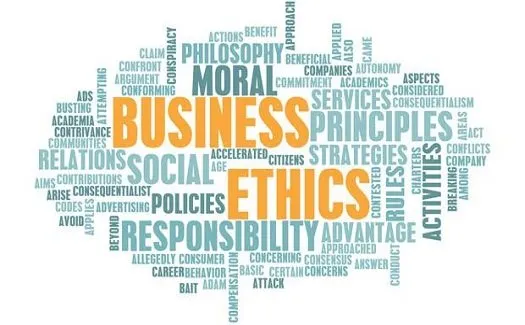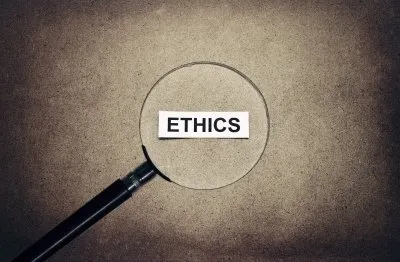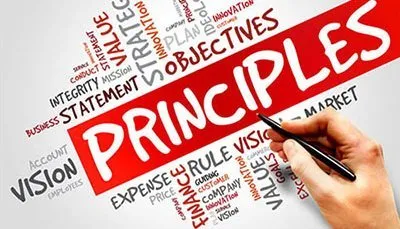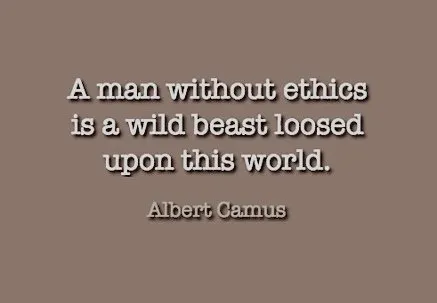Using certain forms of arguments can imply a view of good ethical thoughts

Image Source
A few perspectives about the substance and nature of ethics, in any case, infer that there are no tests. The most outrageous of these perspectives says that holding an ethical position just comprises of picking one and adhering to it. There appears to be a justifiable reason motivation to call that an ethical theory as well, a negative one. Yet, this ought to be recognized from a theory about the nature of ethical believed that leaves open the inquiry whether there could be such tests.
One might be genuinely persuaded and positive about the account to be given of the ethical, and stay suspicious about the odds of there being these tests, and there are alternatives more mind boggling than that, as per which there might be tests in some cultural conditions and not in others.
Ethical theories are philosophical endeavors and confer themselves to the view that philosophy can decide, either positively or negatively, how we should think in ethics, in the negative case, such that we can't generally think much at all in ethics.

Image Source
It is this negative alternative that philosophers as a rule had at the top of the priority list when in the past they said that philosophy couldn't decide how we should think in ethics. Conversely, we can think in ethics, and in a wide range of ways, unless our verifiable and cultural conditions have made it outlandish yet that philosophy can do little to decide how we ought to do as such.
The motivation behind utilizing ethical theory in the way proposed is to draw out the closeness of the positive and the negative theories in the cases they verifiably make for philosophy. It might at this phase of the contention appear a fine point, yet trust that by the end it won't appear to be so. The point is to achieve a viewpoint not the same as that of any of these theories. It is a standpoint that exemplifies a suspicion about philosophical ethics, yet an incredulity that is more about philosophy than it is about ethics.
There are a few sorts of ethical theory, and there are a few methods for characterizing them, which yield various types of sorts. No characterization is remarkably lighting up, yet one accommodating qualification is that between two essential styles, the contractual and the utilitarian. The focal thought of contractualism has been figured by Scanlon, in connection to its account of moral misleading quality.

Image Source
A demonstration isn't right if its execution the situation being what it is would be denied by any system of principles for the general direction of conduct which nobody could sensibly dismiss as a reason for educated, unforced, general assention.
This account of misleading quality runs with a specific theory of what moral idea is about, or of what extreme moral certainties there are. On this theory, moral idea is worried about what understandings individuals could make in these favored conditions, in which nobody was insensible or pressured. The theory likewise gives an account of moral inspiration.
The fundamental moral rationale is a want to have the capacity to legitimize one's actions to others on grounds they couldn't sensibly dismiss. It can be perceived how shut this complex of thoughts is to the Kantian originations. Presently, notwithstanding, it doesn't involve endeavoring to demonstrate that each sound agent must be a native official of a notional republic. It is an issue of what principles would be worthy to individuals who are thought to be as of now intrigued by achieving assention.

Image Source
References:
http://www.iep.utm.edu/ethics
https://www.utm.edu/staff/jfieser/class/160/1-ethical-theory.htm
https://en.wikipedia.org/wiki/Ethics